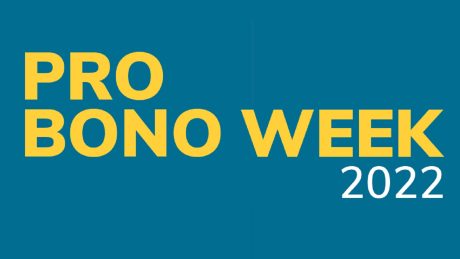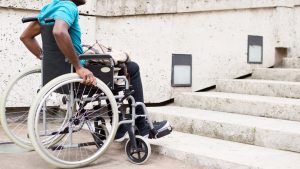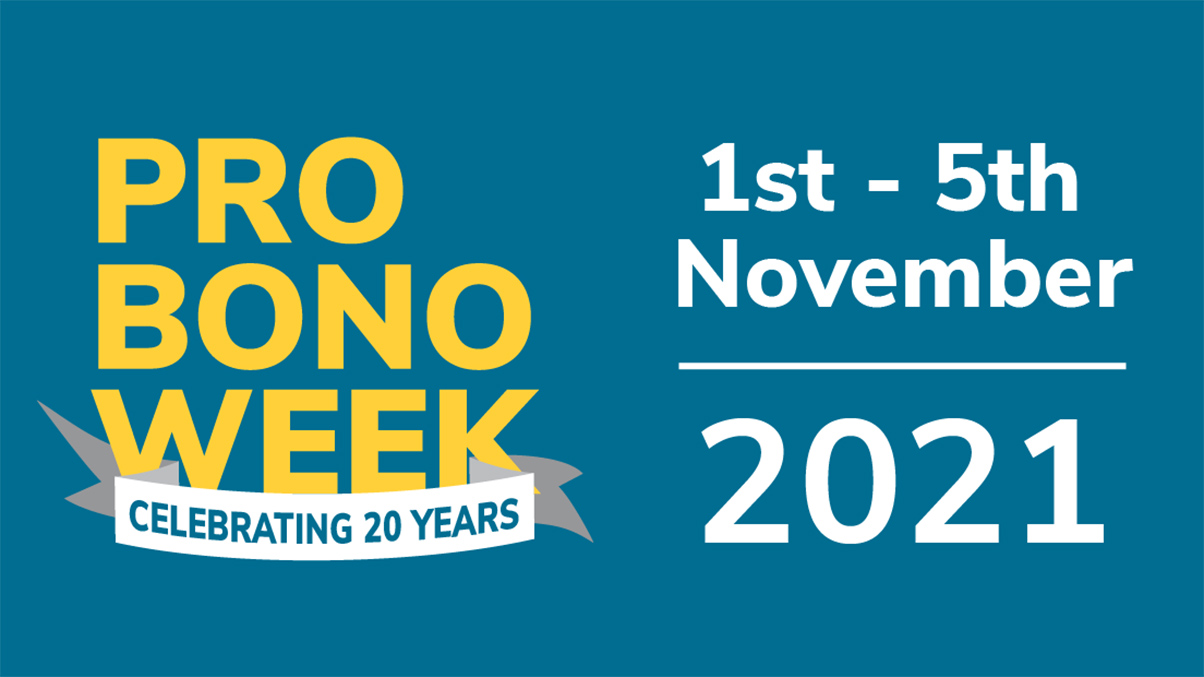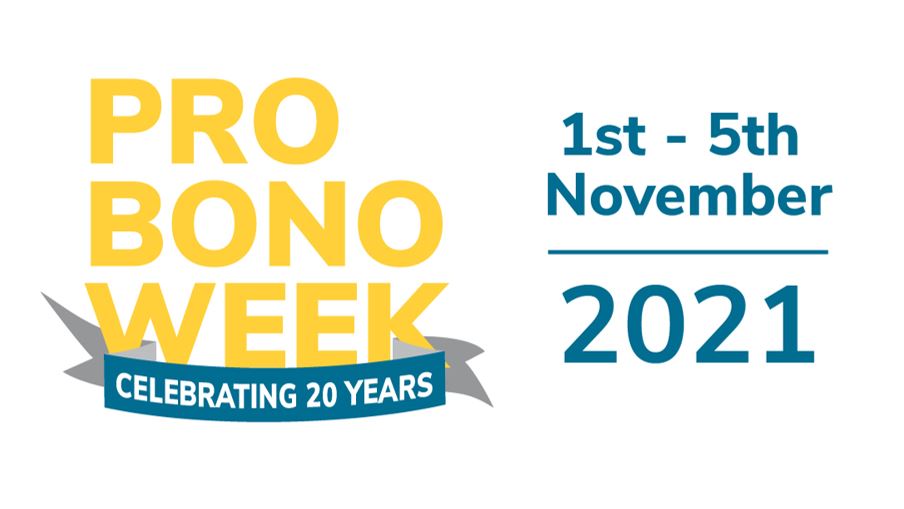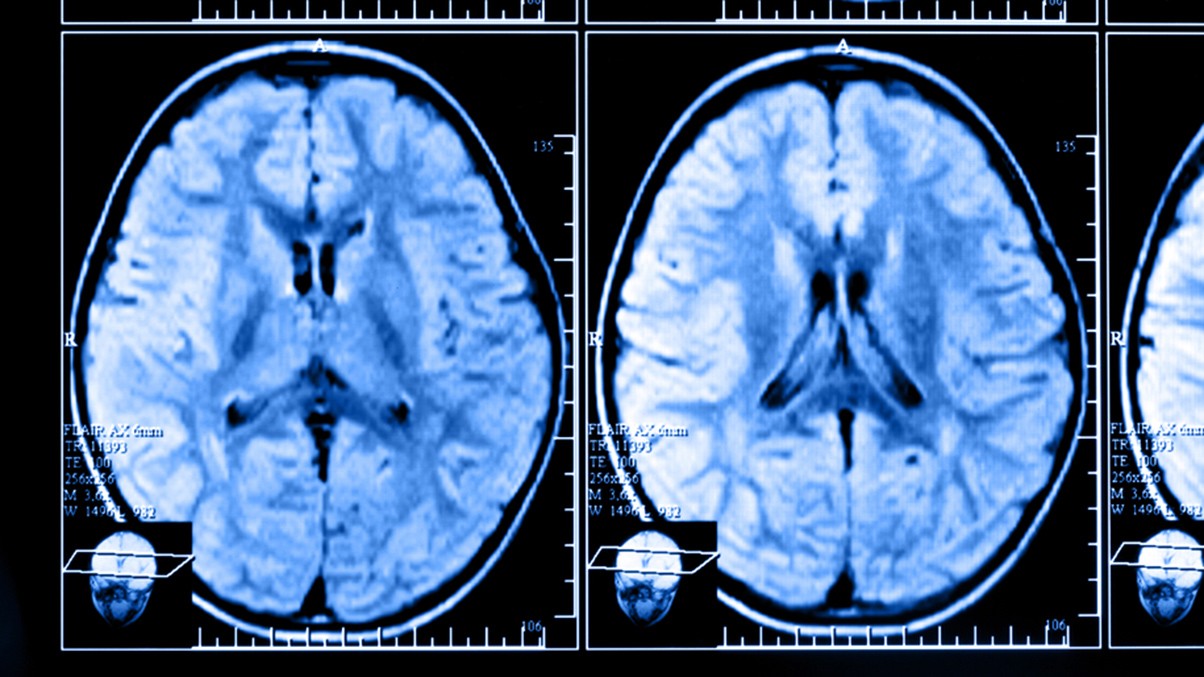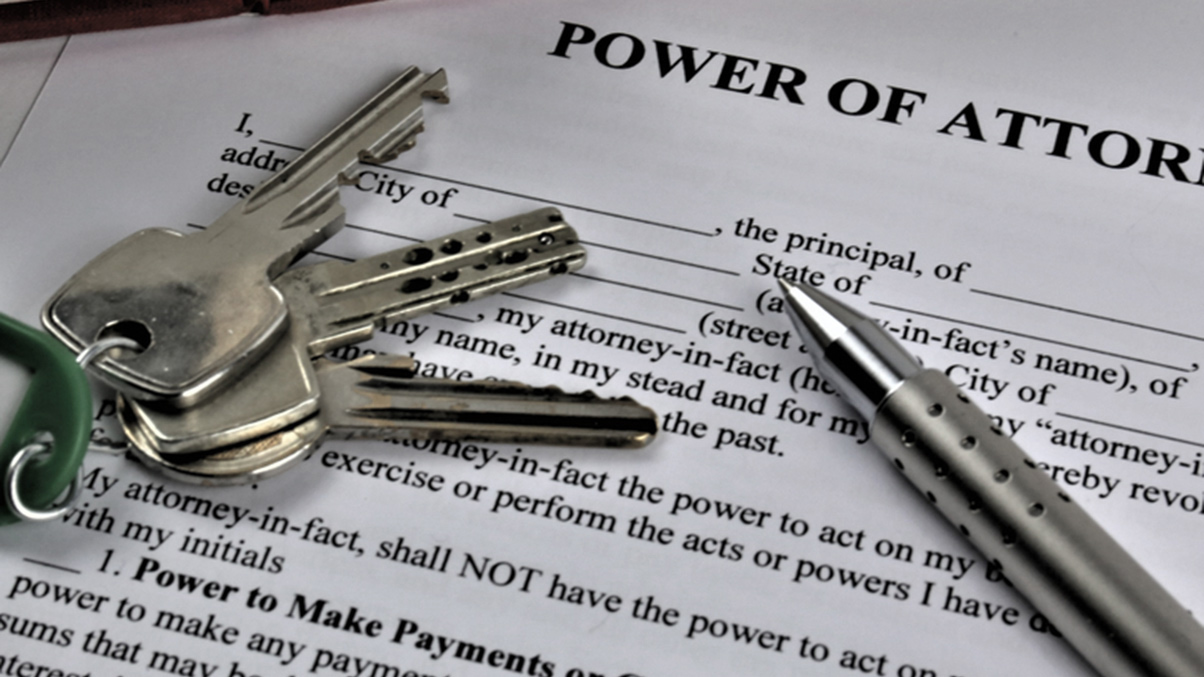In celebration of this year’s National Pro Bono Week, Head of Pro Bono Kara Smith takes a retrospective look at the department’s work over the past decade, highlighting case studies of our clients’ experiences and considering key lessons for the future.
We provide a free legal advice service and practical support on any issues patients and their families face following a serious injury or illness. The Legal Service is provided by a dedicated team of six. In addition, many of our Personal Injury and Clinical Negligence partners dedicate their time to our pro bono work.
In the past decade we have:
- Assisted nearly 5,000 patients
- Provided over 36,000 hours of free legal advice
- Executed nearly 600 powers of attorney and made over 170 applications to the court of protection, all on a free of charge basis
- Helped patients to get over £1m of their debt written off
- Recovered nearly £11m in no fault insurance monies
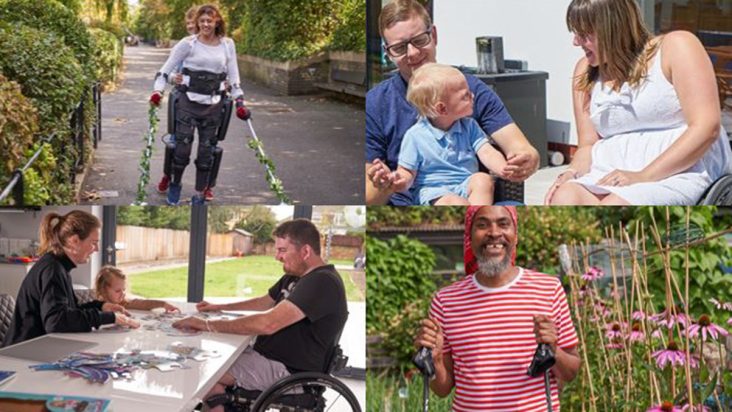
Client case studies
Financial difficulties following injury – Pro Bono team help Robert with creditors so he can focus on rehabilitation
 Robert sustained a C4 complete spinal cord injury after an accident at home, and sadly he was no longer able to continue working as a technician. As a result he was experiencing financial difficulties. Robert was also later told that he would not be provided with a powered wheelchair from wheelchair services due to a note on his medical records that had been recorded almost a decade ago.
Robert sustained a C4 complete spinal cord injury after an accident at home, and sadly he was no longer able to continue working as a technician. As a result he was experiencing financial difficulties. Robert was also later told that he would not be provided with a powered wheelchair from wheelchair services due to a note on his medical records that had been recorded almost a decade ago.
Following Stewarts’ involvement, Robert was offered a powered wheelchair as well as a manual wheelchair and a gel cushion for suitable postural support. His wife Magdalena said that she found the Legal Service very helpful and that she appreciated that the team constantly kept in touch with her to keep her informed of what was going on.
Client with rare blood clot receives a quick critical illness policy pay out to help with mortgage
SL suffered an extremely rare form of blood clot, was admitted to hospital and underwent surgery. SL’s family consulted Stewarts pro bono team to handle potential uncertainties around an insurance claim. Upon further investigation, SL’s family learned that she had taken out a critical illness policy when she became a homeowner.
The pro bono team helped SL’s partner and family gather all necessary medical information in order to make a claim under the policy. The claim was submitted in May 2021. We explained the uncertainty of SL’s future to the insurer, who quickly agreed to fulfil the claim and SL received a pay-out of over £200,000. SL has since made an incredible recovery and the CVST has fully dispersed.
Pro bono team assists client with the reinstatement of personal independence payments
 Our pro bono team successfully assisted our client, Jesse, after the Department for Work and Pensions (DWP) informed him that his personal independence payment (PIP) award was ending. Jesse had been receiving PIP in relation to his ill health following a serious car accident in August 2019 that has left him with life-changing injuries, including a brain injury and a spinal cord injury.
Our pro bono team successfully assisted our client, Jesse, after the Department for Work and Pensions (DWP) informed him that his personal independence payment (PIP) award was ending. Jesse had been receiving PIP in relation to his ill health following a serious car accident in August 2019 that has left him with life-changing injuries, including a brain injury and a spinal cord injury.
We assisted Jesse with his request for a mandatory reconsideration after he missed the original deadline. Just as Jesse was about to submit his appeal, he was contacted again by the DWP. They informed him that they had changed their decision and were awarding him higher rate PIP for both the daily living and mobility components.
Pro bono team secures payment under critical illness policy for client left tetraplegic due to clinical negligence
Mark met the pro bono team in October 2015 after he sustained complications post-surgery that left him tetraplegic. Mark had an insurance policy that provided critical illness cover, but the insurer told him he could not make a claim because the injury was not caused by an accident. We reviewed the policy and concluded that Mark could claim under the policy.
Sadly, Mark passed away shortly after his claim was settled in December 2021. We called the insurer to ask about the procedure for appealing a decision following the passing of the policyholder. We concluded that injuries such as Mark’s, which were caused by clinical negligence during and post-surgery, were not a natural result of surgery and would therefore be covered by the relevant policy terms. The insurer agreed to pay the full £50,000 benefit for tetraplegia to our client’s estate.
Key learnings
Frequently asked questions about powers of attorney for anyone seriously injured
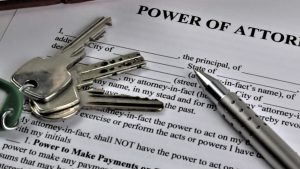 A power of attorney is a legal document giving an individual who has ‘mental capacity’ the power to nominate another person to make decisions on their behalf should they be unable to do so in the future or if they no longer want to make their own decisions.
A power of attorney is a legal document giving an individual who has ‘mental capacity’ the power to nominate another person to make decisions on their behalf should they be unable to do so in the future or if they no longer want to make their own decisions.
Powers of attorney can be very helpful if you have been in an accident and find yourself in hospital, as they enable you to choose an ‘attorney’ who can take care of your money or liaise with your banks while you focus on recovering from your injuries.
Top tips for coping with practical issues following serious injury or illness
By its nature, serious injury or illness is often unexpected, and most patients have not put in place provisions for the situation they find themselves in when they end up in hospital. There are a range of common practical issues that often arise when assisting patients as part of the Legal Service.
Our team provides some top tips on these practical issues for patients and anyone supporting them in the aftermath of a serious injury or illness. We also provide links to useful resources.
Disability initiatives: what support is out there?
As part of our free Legal Service, the Pro Bono department provides advice about the help available to individuals following serious injury or illness and how these can be accessed. As a result, we see first-hand the importance of disability initiatives in supporting those living with a disability, particularly given the substantial increase in living costs often associated with this.
Unfortunately, many people are not aware of the support that may be available to them from the government, local authority and local charities. W outline some of the important disability initiatives that have been introduced over the years that are aimed to support individuals living with disabilities.
Can I claim welfare benefits in hospital?
After an accident or injury, you may find yourself in financial difficulty. It is worth checking if you are eligible for welfare benefits. If so, you can start a claim while in hospital.
If an individual is eligible for welfare benefits but would struggle to manage these themselves due to their condition, you can apply to become their ‘appointee’. An appointee is usually a friend or family member who will be responsible for managing the individual’s benefits. This includes making the application, receiving the payments and notifying the benefits office about any changes to the individual’s circumstances.
The Legal Service – We are here to help
The Legal Service, delivered by our pro bono team, provides patients with advice without obligation, for however long it takes to resolve the issue. Our support is available regardless of the circumstances of an accident and regardless of whether a patient has a personal injury claim.
In these difficult times, the concerns of our pro bono clients are likely to be more stark than those in more fortunate circumstances. The Legal Service will be available throughout the crisis to help in any way we can to ease the burden on our clients.
To get advice from The Legal Service, please contact Kara Smith by phone on 020 7822 8000 or by email at ksmith@stewartslaw.com.
You can find further information regarding our injury expertise, experience and team on our Personal Injury pages.
Subscribe – In order to receive our news straight to your inbox, subscribe here. Our newsletters are sent out once a month.

